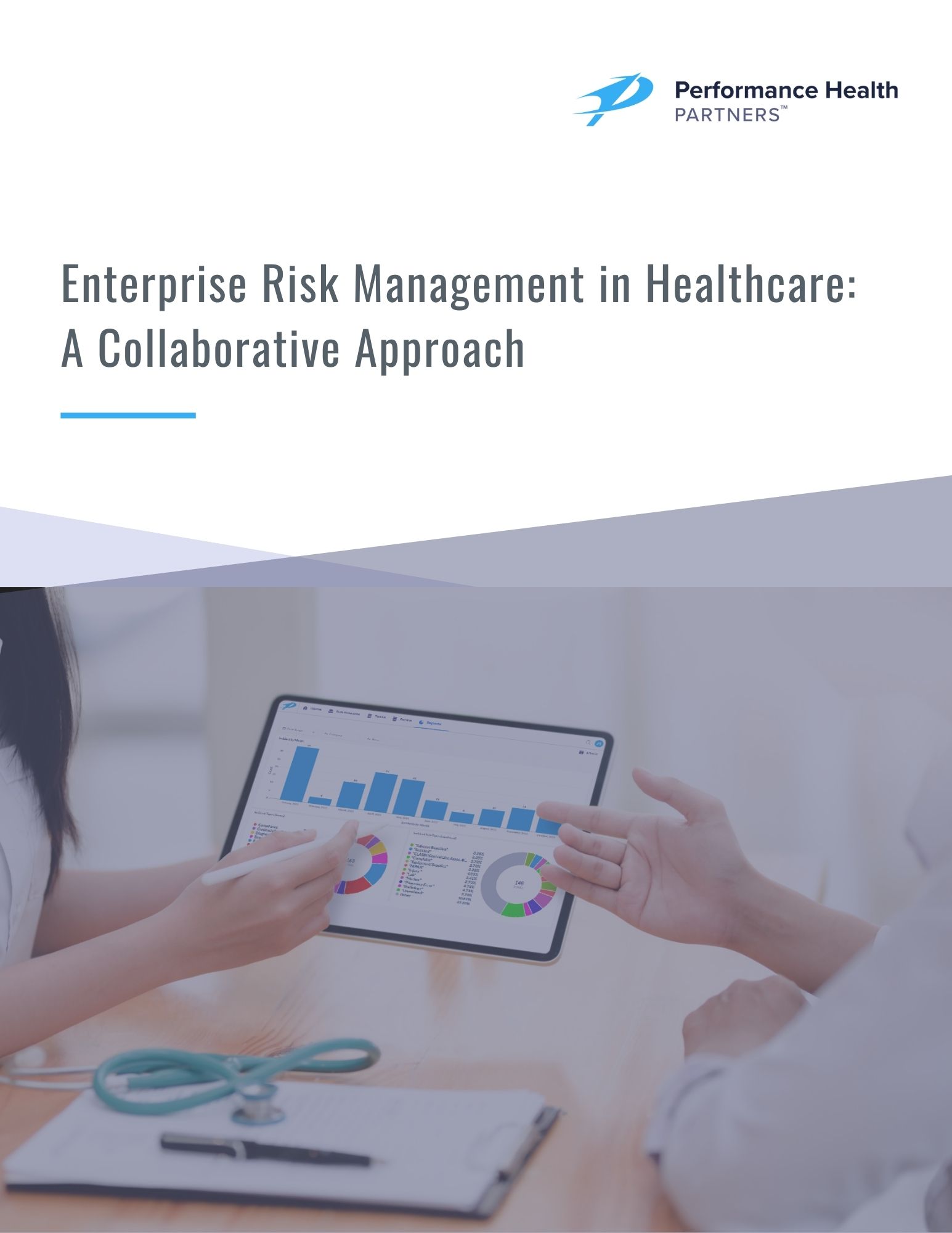Optimizing Incident Reporting to Reduce Risk
An organization must correctly identify, analyze, and control risks to prevent incidents. In the healthcare industry, countless sources of information and data highlight the common risks to look out for. However, each organization is unique; some healthcare organizations may face certain risks more frequently than others.
Therefore, healthcare organizations must look at their incidents to inform their risk management program, as they can provide a great deal of insight into current risks and faulty processes.
Reporting tools like incident reporting software empower organizations to capture hazards, near misses, and adverse events and analyze the information to identify risk areas. It also provides opportunities to develop interventions to mitigate exposure and reduce potential harm.
Incident reporting systems make it easy for staff to report incidents, quickly notify the risk management team of events, and provide real-time data to enable organizations to identify underlying issues to prevent future incidents from reoccurring. As a result, with an incident reporting system, risks are reduced, costs are cut, and process efficiency is improved.

